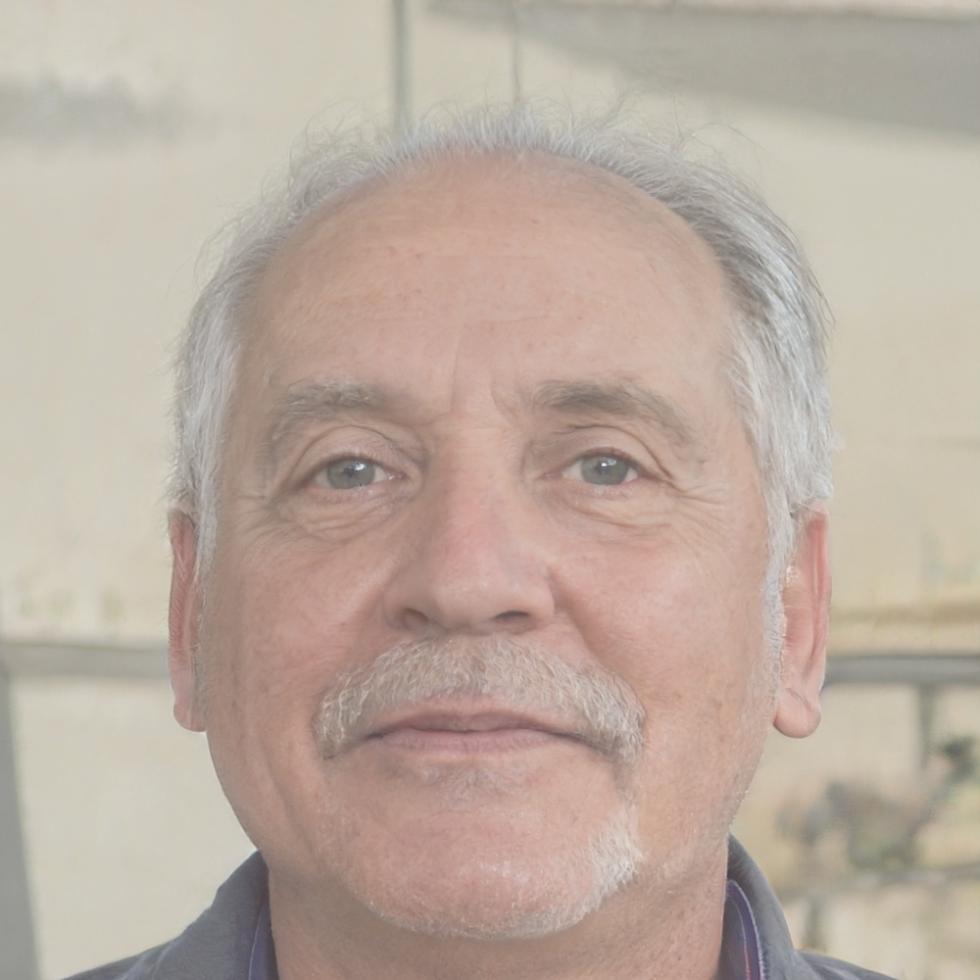Learn Investment Basics That Actually Make Sense
If you've ever felt confused about where to put your money, you're not alone. Most people never learned this stuff in school. We break down investing into practical steps that regular folks can actually follow. No jargon overload. Just straightforward guidance built for Canadians starting out.
Get Started This Fall
How Our Program Works
We've designed this around how people actually learn. Start with the basics, practice with real scenarios, then build your own strategy. The whole thing takes about eight months if you follow along at a comfortable pace.
Foundation Phase
We start with money basics. How compound interest really works. What risk means for your situation. Understanding fees and why they matter more than most people think. This takes about 10 weeks and gives you the language to understand what comes next.
Practice With Real Cases
You'll work through actual investment scenarios from people just like you. Different ages, different goals, different risk comfort levels. We walk through the thinking process step by step. By the end, you'll recognize patterns and know what questions to ask.
Build Your Strategy
Now you create a plan that fits your actual life. Your timeline, your goals, your comfort zone. We help you put it together piece by piece. You'll leave with a written strategy you can follow and adjust as things change. Because they will.
Who You'll Learn From
Our instructors have spent years working with everyday investors across Ontario. They remember what it felt like to be confused about this stuff, which is probably why they're good at explaining it.

Cillian Thorstad
Lead Instructor
Cillian started as a bank teller in Thunder Bay before moving into financial planning. He's been teaching investment basics since 2018 and has a knack for explaining complicated concepts using everyday examples. He also coaches youth hockey, which apparently requires similar patience.

Stellan Roux
Strategy Coach
Stellan worked in corporate finance for a decade before switching to education. He specializes in helping people understand their own relationship with money and risk. His background in behavioral economics shows up in how he approaches teaching. Students say he asks good questions.
What You'll Actually Learn
Each module builds on the last one. We cover the essentials without drowning you in financial theory. Most people finish one module every two to three weeks, depending on their schedule. Our next cohort starts in September 2025.
Understanding Your Money
How to think about savings, debt, and cash flow before you invest anything. Setting realistic goals based on your actual situation. Creating a buffer so you're not stressed about every market dip.
Duration: 3 weeks
Investment Vehicles Explained
What stocks, bonds, ETFs, and mutual funds actually are. How they work. When each one makes sense. Canadian-specific accounts like TFSAs and RRSPs broken down in plain English with real examples.
Duration: 4 weeks
Risk and Time Horizon
Matching your investments to when you'll actually need the money. Understanding what risk means for different life stages. How to stay balanced without being either reckless or too conservative.
Duration: 3 weeks
Fees and Performance
Why a percentage point in fees matters way more than you'd think. How to read performance reports. Recognizing when you're paying for value versus paying for nothing. The math behind compound returns over decades.
Duration: 2 weeks
Building Your Portfolio
Putting together an actual investment mix. Diversification that makes sense. Rebalancing without obsessing. Creating a written plan you can stick to when markets get weird, which they do.
Duration: 4 weeks
Staying on Track
How to review your strategy once or twice a year. When to adjust and when to leave things alone. Dealing with life changes like job switches, kids, or buying a home. Building habits that last.
Duration: 2 weeks
